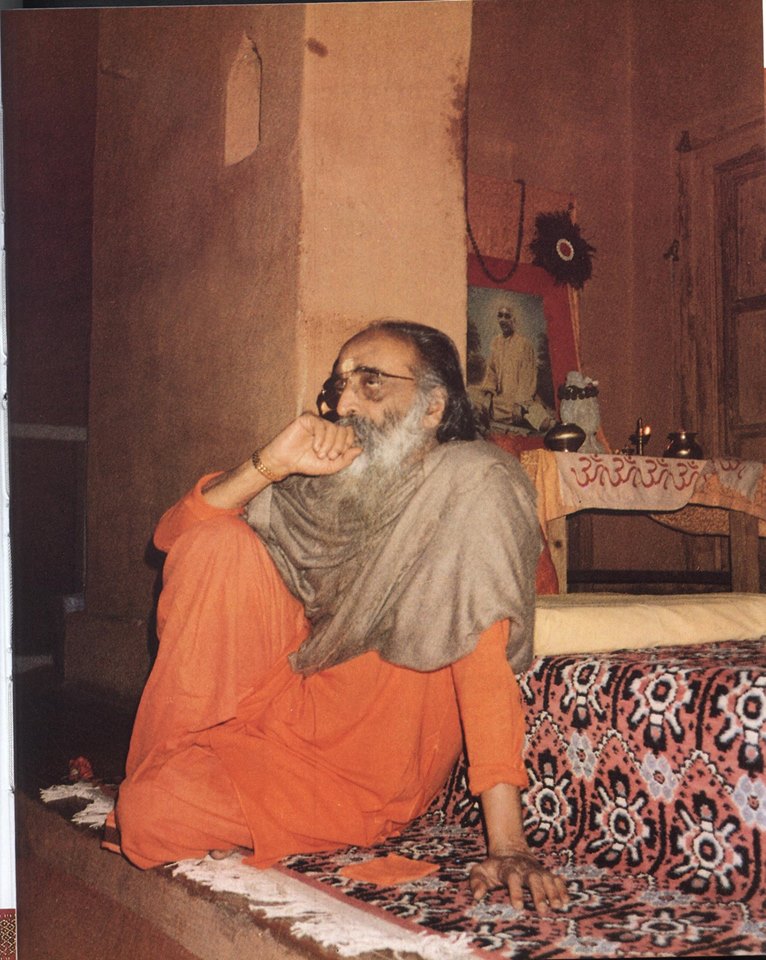Gita : Ch-12. Slo-13 & 14. Discussion-3.
Srimad Bhagavad-Gita :
Chapter-12. ( Bhakti-yogam )
Slokam-13 & 14. ( One who is not envious but who is a kind friend to all living entities, who does not think himself a proprietor, who is free from false ego and equal both in happiness and distress, who is always satisfied and engaged in devotional service with determination and whose mind and intelligence are in agreement with Me-he is very dear to Me.)
(13)
adveshta sarvabhutanam maitrah karuna eva ca,
nirmamo nirahankarah samaduhkhasukhah kshami.
(14)
santushtah satatam yogi yatatma drddhaniscayah,
mayyarpitamanobuddhih yo madbhaktah sa me priyah.
(13)
sarvabhutanam adveshta = not envious towards all living entities;
maitrah karuna eva ca = also friendly and kindly;
nirmamo nirahankarah = with no sense of proprietorship and without false ego;
sama-duhkha-sukhah = minding / taking in, distress and happiness equally;
kshami = with forgiving character.
(14)
satatam santushtah = always satisfied;
yogi = one who is with concentrating mind;
yatatma = having mind under control;
drddha-niscayah = with determination;
may-arpita-mano-buddhih = with full devotion and surrender his mind and intellect unto Me;
mad-bhaktah yah = one who is My devotee;
sa me priyah = he is dear to Me.
Discussion-3.
Lord Krishna explained in the previous slokam that by following renunciation for the rewards of actions one achieves the Supreme peace.
Now explaining further He declares that His devotee who has become renounced should also possess the virtues given in seven slokam-s beginning with :
advesta sarva- bhutanam meaning free from enmity towards any living being.
One reflects that all misfortunes are due to their past karma or reactions from one's own actions.
One is also karuna or compassionate to those in need
and is nirmamo or free from possessiveness of even relatives and nirahankarah or ego sense from even one's physical body and things other than the atma or eternal soul.
Who is dukha-sukha or even minded and self-satisfied in happiness or distress with whatever comes of its own accord.
Who is ksami or tolerant and drdha-niscaya meaning firmly resolved and resolutely determined to fully follow the teachings of the spiritual master and the Vedic scriptures and perform bhakti or exclusive loving devotion to Lord Krishna.
One who has ceased to pursue the desires of the senses and mental tendencies of the mind and has instead directed their consciousness internally to the atma in the heart surrendering their mind and intelligence to the Supreme Lord Krishna verily worship Him and are very dear to Him.
To be continued ....





Comments
Post a Comment